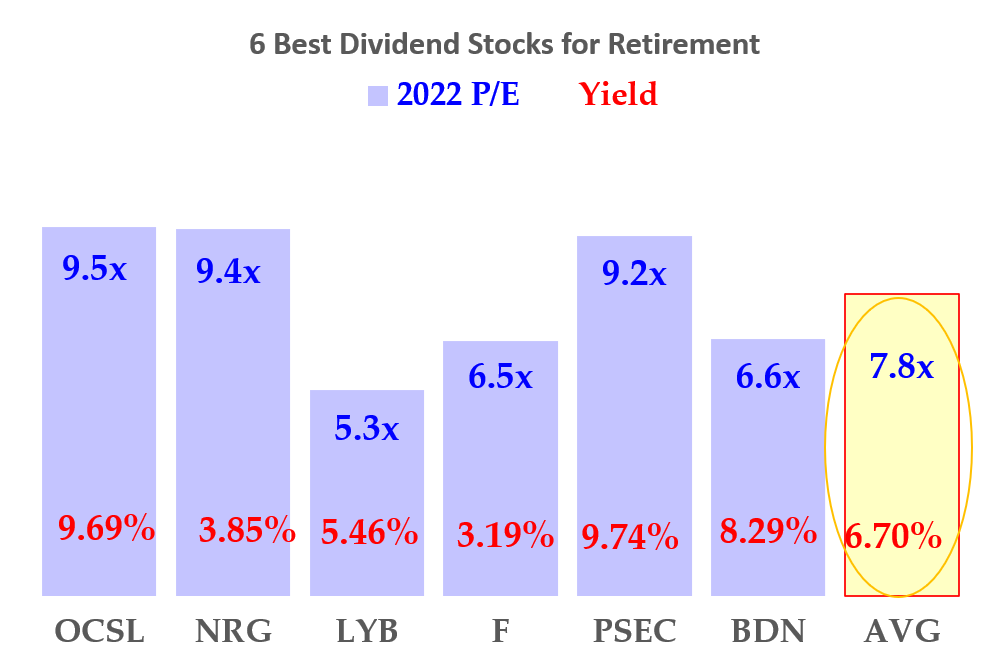
It is important to assess the stability level of the issuing firm before you consider investing in corporate debt. Although these investments are generally safe, there is no guarantee that they will be profitable. If an issuer runs into financial problems, they may call in the bonds before the maturity date, reducing your return. You can avoid this by seeking public information on the issuer.
Allegiant Travel
Allegiant Travel shareholders might be interested to invest in its corporate bonds. It recently closed a private sale of $550.0m in 7.250% Senior Securable Notes due 2027. The proceeds from the offering will be used to retire an existing term loan. Allegiant currently owes $530,000,000 in term loans.

Allegiant Airlines
When you buy Allegiant Airlines corporate bonds, you are betting on the company's future success. Allegiant Airlines has a strong balance sheet and has not filed for bankruptcy. However, future earnings are used to assess if the company will continue to thrive.
Allegiant Communications
Allegiant Communications has a senior secured, revolving credit facility as part of its debt financing arrangements. The Revolving Credit Facility has the same guarantors and collateral as the Notes and provides $625 million in liquidity. Allegiant also has liquidity of more than $1.4 Billion.
Allstate Insurance
Allstate Insurance issues bonds in order to finance its operations. Corporate bonds rank among the top securities markets around the globe. The money raised by bond sales can go to a variety of uses, including financing mergers, acquisitions, research and investment, as well dividend payments to shareholders. Allstate corporate bonds come in a range of maturities from short-term to longer-term. The maturity of short-term bonds is five years. Long-term bonds last for more than ten years.
Pimco Enhanced Short Maturity Active ETF
The PIMCO Enhanced Short Maturity Active ETF invests in short-duration investment grade debt securities. Its goal is to increase income and maximize the potential return for investors. It currently trades around 1.1 million shares each day and has a total assets base of $11.3billion. The annual fees for the company are 35 basis points (bps).

Vanguard Corporate Bond ETF Long-Term Vanguard
The expense ratio of a Vanguard Long Term Corporate Bond Exchange Traded Fund (ETF) should be carefully considered when evaluating it. You should also be aware of the different types of bonds the fund holds. Some funds have multiple types, while others do not.
FAQ
How does Inflation affect the Stock Market?
The stock market is affected by inflation because investors need to pay for goods and services with dollars that are worth less each year. As prices rise, stocks fall. It is important that you always purchase shares when they are at their lowest price.
What is the role and function of the Securities and Exchange Commission
SEC regulates the securities exchanges and broker-dealers as well as investment companies involved in the distribution securities. It enforces federal securities regulations.
How do I choose a good investment company?
You should look for one that offers competitive fees, high-quality management, and a diversified portfolio. Fees are typically charged based on the type of security held in your account. Some companies charge nothing for holding cash while others charge an annual flat fee, regardless of the amount you deposit. Others may charge a percentage or your entire assets.
Also, find out about their past performance records. A company with a poor track record may not be suitable for your needs. Avoid companies with low net assets value (NAV), or very volatile NAVs.
Finally, you need to check their investment philosophy. Investment companies should be prepared to take on more risk in order to earn higher returns. If they're unwilling to take these risks, they might not be capable of meeting your expectations.
What is security in the stock exchange?
Security is an asset that produces income for its owner. Shares in companies is the most common form of security.
Different types of securities can be issued by a company, including bonds, preferred stock, and common stock.
The value of a share depends on the earnings per share (EPS) and dividends the company pays.
When you buy a share, you own part of the business and have a claim on future profits. You receive money from the company if the dividend is paid.
Your shares can be sold at any time.
Why are marketable Securities Important?
A company that invests in investments is primarily designed to make investors money. It does so by investing its assets across a variety of financial instruments including stocks, bonds, and securities. These securities have attractive characteristics that investors will find appealing. They can be considered safe due to their full faith and credit.
A security's "marketability" is its most important attribute. This is the ease at which the security can traded on the stock trade. You cannot buy and sell securities that aren't marketable freely. Instead, you must have them purchased through a broker who charges a commission.
Marketable securities include government and corporate bonds, preferred stocks, common stocks, convertible debentures, unit trusts, real estate investment trusts, money market funds, and exchange-traded funds.
These securities are a source of higher profits for investment companies than shares or equities.
What is an REIT?
A real estate investment Trust (REIT), or real estate trust, is an entity which owns income-producing property such as office buildings, shopping centres, offices buildings, hotels and industrial parks. These publicly traded companies pay dividends rather than paying corporate taxes.
They are similar in nature to corporations except that they do not own any goods but property.
Statistics
- US resident who opens a new IBKR Pro individual or joint account receives a 0.25% rate reduction on margin loans. (nerdwallet.com)
- "If all of your money's in one stock, you could potentially lose 50% of it overnight," Moore says. (nerdwallet.com)
- Our focus on Main Street investors reflects the fact that American households own $38 trillion worth of equities, more than 59 percent of the U.S. equity market either directly or indirectly through mutual funds, retirement accounts, and other investments. (sec.gov)
- For instance, an individual or entity that owns 100,000 shares of a company with one million outstanding shares would have a 10% ownership stake. (investopedia.com)
External Links
How To
How to make a trading plan
A trading plan helps you manage your money effectively. This allows you to see how much money you have and what your goals might be.
Before setting up a trading plan, you should consider what you want to achieve. You might want to save money, earn income, or spend less. If you're saving money, you might decide to invest in shares or bonds. You could save some interest or purchase a home if you are earning it. You might also want to save money by going on vacation or buying yourself something nice.
Once you know what you want to do with your money, you'll need to work out how much you have to start with. This depends on where you live and whether you have any debts or loans. You also need to consider how much you earn every month (or week). Your income is the amount you earn after taxes.
Next, make sure you have enough cash to cover your expenses. These expenses include bills, rent and food as well as travel costs. Your total monthly expenses will include all of these.
Finally, you'll need to figure out how much you have left over at the end of the month. This is your net income.
You now have all the information you need to make the most of your money.
You can download one from the internet to get started with a basic trading plan. Ask an investor to teach you how to create one.
Here's an example of a simple Excel spreadsheet that you can open in Microsoft Excel.
This is a summary of all your income so far. It also includes your current bank balance as well as your investment portfolio.
And here's another example. A financial planner has designed this one.
This calculator will show you how to determine the risk you are willing to take.
Remember, you can't predict the future. Instead, think about how you can make your money work for you today.